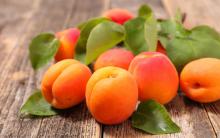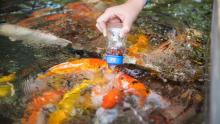Protecting communities from the effects natural disasters

Damage and loss from flash floods, landslides and avalanches have increased in recent decades, and experts predict a further increase in intensity, frequency and impact. The EU-funded CHANGES project has developed modelling tools that can help governments to at least ensure such events are less catastrophic. Some of the tools are already being used.









